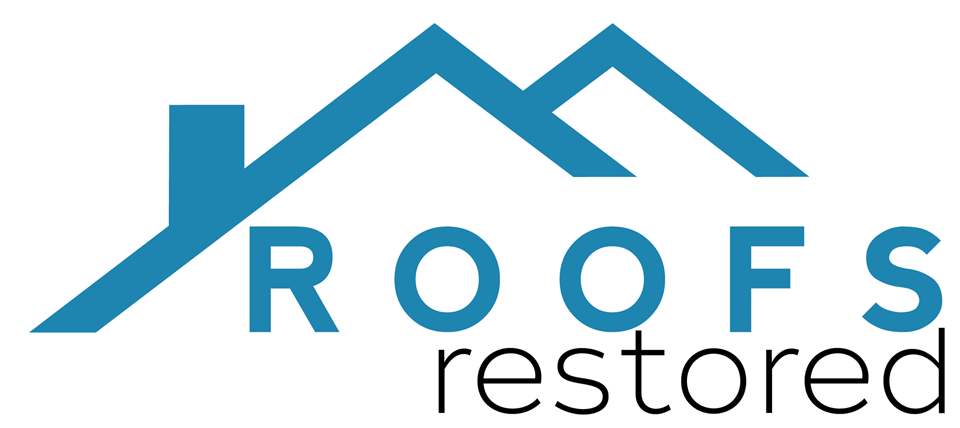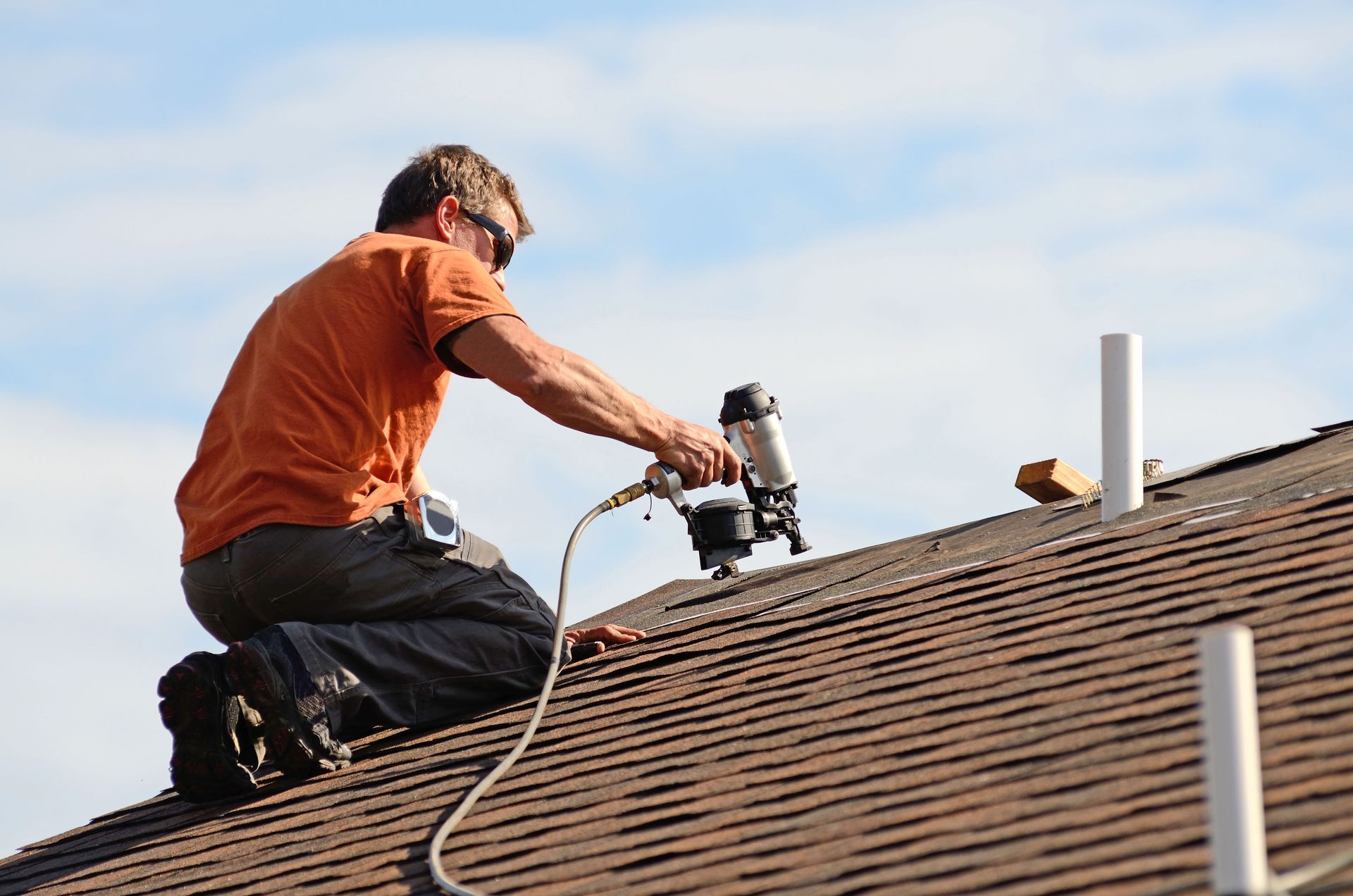August 7, 2025
Undertaking a reroofing project is a significant investment for any homeowner. Choosing the right roofing contractor is imperative to ensure a quality job. To make an informed decision, it is essential to ask the right questions. This guide will cover the key questions that will help you vet potential contractors and secure a successful reroofing project. By approaching the selection process carefully, you can safeguard your home and ensure a lasting roof.
1. Confirming Licensing and Insurance
Confirming Contractor Licensing
Licensing is a critical factor in assessing a contractor's qualifications and professionalism. It demonstrates the ability to comply with local laws and standards. A licensed contractor has passed specific exams and requirements, ensuring they have the necessary knowledge and skills. Always prioritize licensed contractors for peace of mind and quality assurance. Trusted roofing contractors will always present their licensing credentials up front.
Confirming Contractor Insurance
Insurance is equally essential when selecting a roofing contractor. It covers liability and protects against potential on-site accidents. Contractors should have both general liability and workers' compensation insurance, which shields homeowners from financial and legal liabilities. Request to see a contractor's insurance certificate and validate its authenticity. Reliable roofing contractors will have no problem providing this documentation.
Validating Contractor Credentials
To effectively verify credentials, ask for license numbers and insurance documents. Contact the issuing bodies to confirm the validity of these credentials. Cross-checking credentials reassures that you are dealing with reputable professionals. Incomplete or evasive responses should be red flags. Transparency regarding documentation is a sign of a trustworthy contractor.
Considering the Risks of Unqualified Contractors
Hiring unlicensed or uninsured contractors can lead to significant risks. You may face legal penalties and increased liabilities. Contractors may also produce substandard work due to inadequate qualifications. Financial burdens can arise if accidents occur without proper insurance. Confirming credentials is a preventive measure against these potential hazards.
Ensuring Regulatory Compliance
Compliance with local building codes is non-negotiable in any roofing project. Licensed contractors are obligated to adhere to these regulations. This ensures quality construction and structural safety. It also prevents costly legal repercussions from non-compliance. Always ensure your contractor respects local regulations and standards. Experienced roofing contractors will be familiar with your area’s building codes.
2. Evaluating Contractor Experience
Assessing Years of Experience
The experience of a contractor plays a crucial role in determining their reliability. Contractors with several years in business are more likely to provide quality services. Longevity in the industry often correlates with demonstrated expertise. Established contractors usually boast a portfolio of successful projects. Therefore, considering the years of business can be a pivotal decision factor.
Assessing Material Expertise
Specific expertise with your chosen roofing materials is vital. Contractors should be familiar with installation techniques and best practices for your materials. Previous projects using similar materials can provide peace of mind. Ask potential contractors to share examples of their past work. Evaluate their proficiency with your specific roofing material to ensure excellence. According to This Old House, seamless gutters can last for up to 30 years if you properly maintain the gutters, making expert installation and material knowledge even more important. Roofing contractors with proven experience in your material choice are essential for long-term performance.
Reviewing the Range of Services
An expansive range of services indicates a versatile contractor. Contractors offering diverse services can handle complex and varied projects. Specializations in different roofing types and repairs signify comprehensive expertise. This versatility can be beneficial if unforeseen needs arise during the project. A contractor who can meet various requirements ensures all bases are covered.
Handling Complex Projects
Complex reroofing scenarios require contractors with robust capabilities. Evaluate how potential contractors approach custom or challenging jobs. Inquire about their strategies and planning for complex projects. Successful handling of intricate tasks reflects a contractor's adaptability and problem-solving skills. This quality is essential in ensuring project success and managing unexpected obstacles.
3. Discussing Post-Project Support and Expectations
Clarifying Manufacturer Support and Product Guarantees
Understanding the difference between manufacturer support and contractor services is vital. Manufacturer guarantees typically cover the roofing materials used, while contractors may outline expectations for workmanship. Knowing what support is available from manufacturers helps provide peace of mind. Ask contractors how they work with suppliers in case material issues arise. Transparency about these relationships ensures you’re informed about what coverage is available through product manufacturers.
Clarifying Project Scope and Final Inspection
Clear expectations about project scope and completion help ensure satisfaction. Contractors should explain what the job includes, from material removal to final inspections. Discuss any expectations regarding follow-up visits or adjustments post-completion. Reputable contractors will walk you through what to expect at each milestone. Clear boundaries around the project reduce confusion and align expectations for a smooth finish.
Understanding Contractor Availability After Completion
Even without formal warranties, reliable contractors offer support and are reachable after the project ends. Contractors should outline how you can contact them if questions or concerns arise post-installation. Being accessible for minor follow-up needs reflects a commitment to service quality. Ask how long the contractor will remain available for such inquiries. Consistent communication builds confidence even beyond project completion.
Requesting Documentation of Work Performed
Keeping clear records of what was done is essential for your future reference. Ask your contractor to provide documentation summarizing the work performed, materials used, and dates of service. These details are helpful for resale value and long-term home maintenance. Responsible contractors will deliver written summaries and photos of the finished project. Proper documentation offers peace of mind and proves work completion for your records.
Assessing Contractor Commitment to Customer Service
Even in the absence of a formal warranty, a contractor’s approach to post-project support says a lot. A professional contractor will emphasize clear communication, responsiveness, and transparency. Ask how they handle post-installation concerns or touch-ups. Assessing their willingness to follow through reflects on their reliability. Contractors who are committed to your satisfaction will make that evident in how they wrap up the job.
4. Ensuring Onsite Safety Measures
Implementing Safety Protocols and Training
Proper safety protocols and training are essential for a contractor’s crew. Roofing contractors should routinely provide rigorous safety training to all their workers. This ensures adherence to safety standards and reduces on-site accidents.
Providing Jobsite Safety Equipment
Adequate safety equipment is non-negotiable at any job site. Roofing contractors should supply personal protective equipment (PPE) and basic safety gear to all crew members. Inspectors should regularly check equipment compliance with safety standards. Constant monitoring and supervision enforce adherence and promote safe practices. Designed with safety in mind, job sites demonstrate contractors' integrity and care for crew wellbeing.
Establishing Emergency Procedures
Preparing and establishing emergency procedures is vital for potential on-site accidents. Roofing contractors should provide clear instructions on how emergencies are managed and have immediate first-aid response measures readily available. Clear, practiced procedures minimize panic and address accidents promptly. Roofing contractors should also conduct periodic drills to ensure effective emergency preparedness.
Choosing the right roofing contractor can make a significant difference in the outcome of your reroofing project. By asking these crucial questions and considering the detailed aspects covered in this guide, you'll be better equipped to select a contractor who is trustworthy, skilled, and prepared to meet your needs. Prioritize thorough vetting to ensure your home is protected with a quality, long-lasting roof. Remember, a little diligence today can lead to years of design with safety in mind and sound shelter. Contact Roofs Restored today to schedule your consultation and take the first step toward a roof you can rely on.






